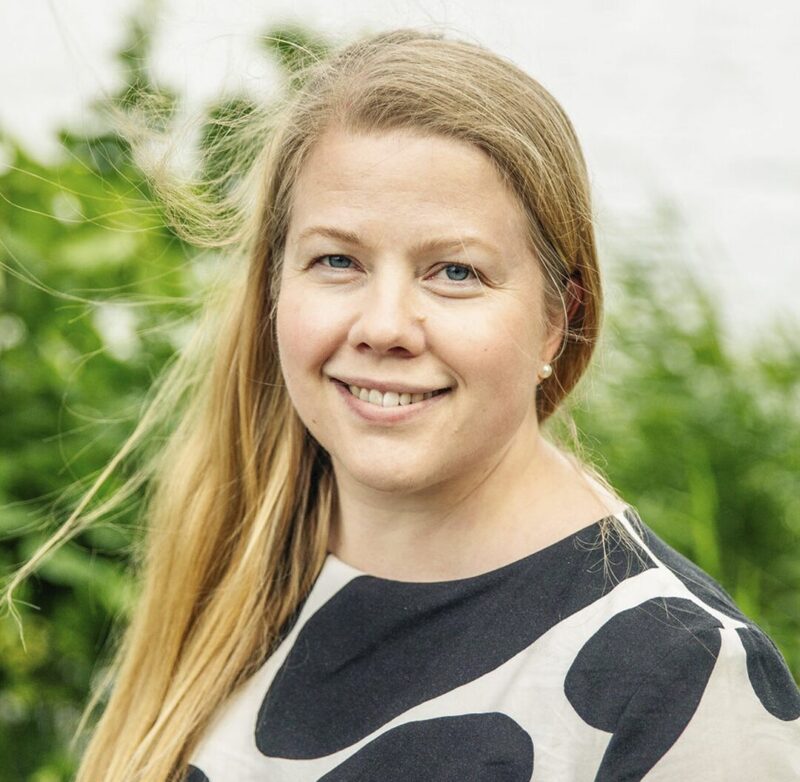Sustainable Biogas
The project promoted the sustainability of biogas from the perspective of waterway protection. Using the guidelines created in the project, it is possible to reduce nutrient discharges throughout the life span of biogas production, taking into consideration raw materials, biogas production, and the recycling and final disposal of side streams that contain nutrients.
In cooperation


More information:

Biogas is a climate-friendly form of energy. It may, however, lead to a risk of nutrients entering the waterways if we do not carefully plan the treatment of digestate generated in production and wastewaters from biogas plants. The tools and guidelines created in the Sustainable Biogas project steer biogas producers as well as the authorities towards better nutrient control.
The John Nurminen Foundation led the Sustainable Biogas project in from 2020 to 2022. The project was implemented in cooperation with the ELY Centre for Southwest Finland, the Finnish Biocycle and Biogas Association, the state environmental services of Latvia, and the Latvian biogas association. The EU Interreg Central Baltic programme funded the project with the sum of €0.8 million.
Location, biogas plant permits, and the use of digestates are crucial for waterway protection
According to project results, careful consideration in the biogas plant planning, permit granting, and plant operation phases is essential for sustainable nutrient management. Noteworthy considerations include e.g. the nutrient balance of the area in question, sufficiency and adequacy of stocks of raw materials and digestates, and care in spreading no more digestates than is needed by the plants.
Nutrient maps and nutrient management plans were some of the tools developed in the Sustainable Biogas project. Using nutrient maps, we were able to identify locations where nutrients are created in excess, and areas where nutrients could be spread without risk. The surveys conducted by the project were carried out in areas that struggle with nutrient surplus in nutrient maps for Zemgale, Åland, and in Southwest Finland.
The project brought together general recommendations for biogas producers and the authorities, enabling waterway-friendly biogas production all around the Baltic Sea.
By developing the treatment of recycled nutrients and treatment plant sludge, nutrient discharges can be reduced
The project also promoted the utilization of digestate, created in biogas production, in fertilizer products based on recycling. A significant share of the mineral fertilizers used in agriculture could be replaced with recycled alternatives. By developing the quality and markets for recycled nutrients, we can also reduce the risk of nutrients from biogas production ending up in the waterways.
In order to increase the demand for recycled nutrients, the project created a quality system for recycled fertilizers in Latvia, and further developed the quality system already in use in Finland.
Wastewater sludge from biogas production is not, however, always welcome on cultivated fields, as some consumers and sectors of the food industry have a negative view of its use. The project compared the various treatment methods for sewage sludge, assessing their efficiency in terms of preventing pollution, recycling nutrients, and curbing climate change. The comparison came to the conclusion that for now, no method is superior over others.
All development plans and policy recommendations created in the project are available on the project website at sustainablebiogas.eu.
The John Nurminen Foundation implemented the Sustainable Biogas project in cooperation with the Centre for Economic Development, Transport and the Environment for Southwest Finland, the Finnish Biocycle and Biogas Association, Latvian State Environmental Services, and the Latvian Biogas Association. The project has received EU-funding of 1.06 million euros from the Interreg Central Baltic Programme.
A seminar on the results of the project was held in Lappeenranta in connection with the EUSBSR Annual Forum 2022. Watch the recording of the seminar below.